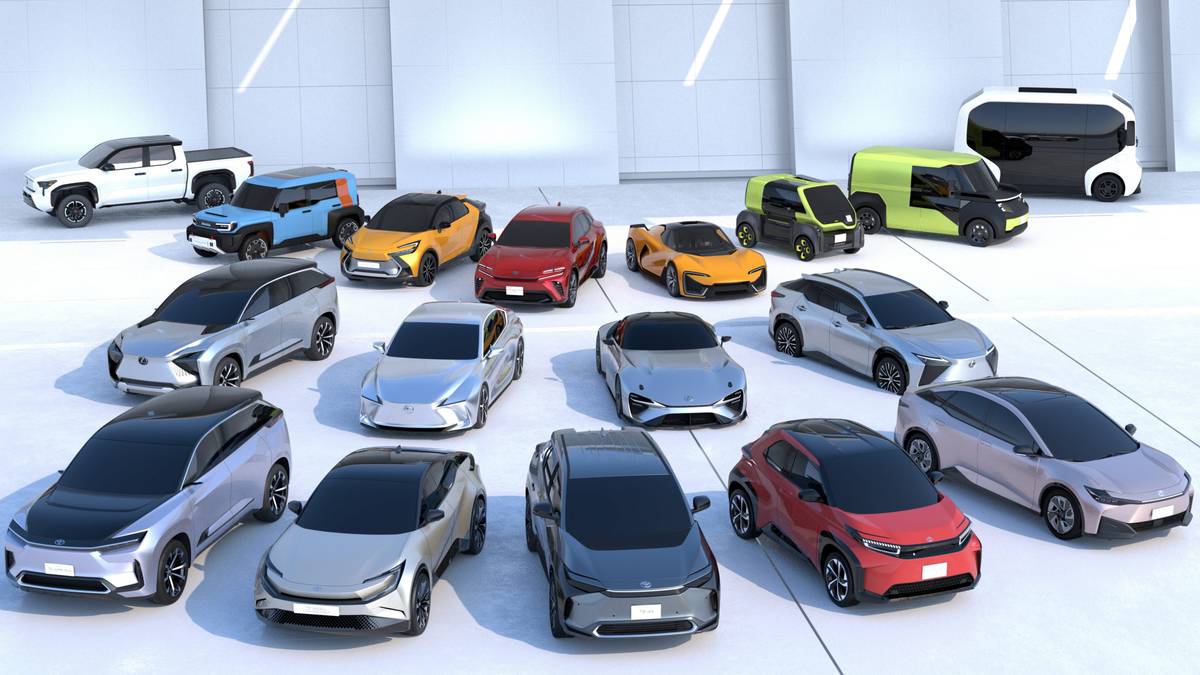A WTO luxury car ruling regarding a complaint the US had made against China found “no basis” for duties imposed by Beijing between 2011 and 2013. The United States described the ruling as “a significant victory”.
China had imposed tariffs on imported vehicles, including those manufactured by Chrysler and General Motors, such as the Jeep Grand Cherokee, Buick Enclave, Cadillac Escalade and many others. The duties were added after the automakers were bailed out by the US government during the financial crisis; they were lifted in December 2013. According to the World Trade Organization (WTO), the tariffs were “improperly imposed”.
Duties as high as 21.5% were slapped onto US-made sedans and SUVs (sports utility vehicles), claiming they had benefited unfairly from state subsidies and were being sold in China below market value, i.e. the US car industry was “dumping” cars in China.
At a press conference in Washington, U.S. Trade Representative Michael Froman said:
“It’s time for China to change the practices that have led the United States and our trading partners to bring these kinds of cases.”
The ruling will heighten tensions between the world’s two largest economies after the US accused give five military Chinese personnel of stealing corporate secrets from a wide range of American companies, including those involved in clean-energy products, credit-card payment services, tires and chicken parts.
According to China, its market was being flooded with cheap luxury car rental Sydney”, which harmed its own car industry.
In 2012, the US filed a complaint with the WTO, which found that China failed to show how the imported cars harmed the Chinese market. The Geneva-based trade arbiter added that China did not inform the US carmakers on how the tariffs had been calculated.
Exports of vehicles from the US grew by 48% last year to $8.6 billion. After Canada, China is the largest foreign market for US vehicle manufacturers.
China had accused the US of dumping
China had said the imports harmed its own car industry
A WTO luxury car ruling regarding a complaint the US had made against China found “no basis” for duties imposed by Beijing between 2011 and 2013. The United States described the ruling as “a significant victory”.
China had imposed tariffs on imported vehicles, including those manufactured by Chrysler and General Motors, such as the Jeep Grand Cherokee, Buick Enclave, Cadillac Escalade and many others. The duties were added after the automakers were bailed out by the US government during the financial crisis; they were lifted in December 2013. According to the World Trade Organization (WTO), the tariffs were “improperly imposed”.
China had accused the US of dumping
Duties as high as 21.5% were slapped onto US-made sedans and SUVs (sports utility vehicles), claiming they had benefited unfairly from state subsidies and were being sold in China below market value, i.e. the US car industry was “dumping” cars in China.
At a press conference in Washington, U.S. Trade Representative Michael Froman said:
“It’s time for China to change the practices that have led the United States and our trading partners to bring these kinds of cases.”
The ruling will heighten tensions between the world’s two largest economies after the US accused give five military Chinese personnel of stealing corporate secrets from a wide range of American companies, including those involved in clean-energy products, credit-card payment services, tires and chicken parts.
China had said the imports harmed its own car industry
According to China, its market was being flooded with cheap luxury car rental Sydney”, which harmed its own car industry.
In 2012, the US filed a complaint with the WTO, which found that China failed to show how the imported cars harmed the Chinese market. The Geneva-based trade arbiter added that China did not inform the US carmakers on how the tariffs had been calculated.
Exports of vehicles from the US grew by 48% last year to $8.6 billion. After Canada, China is the largest foreign market for US vehicle manufacturers.
In 2012, the US filed a complaint with the WTO, which found that China failed to show how the imported cars harmed the Chinese market. The Geneva-based trade arbiter added that China did not inform the US carmakers on how the tariffs had been calculated.
